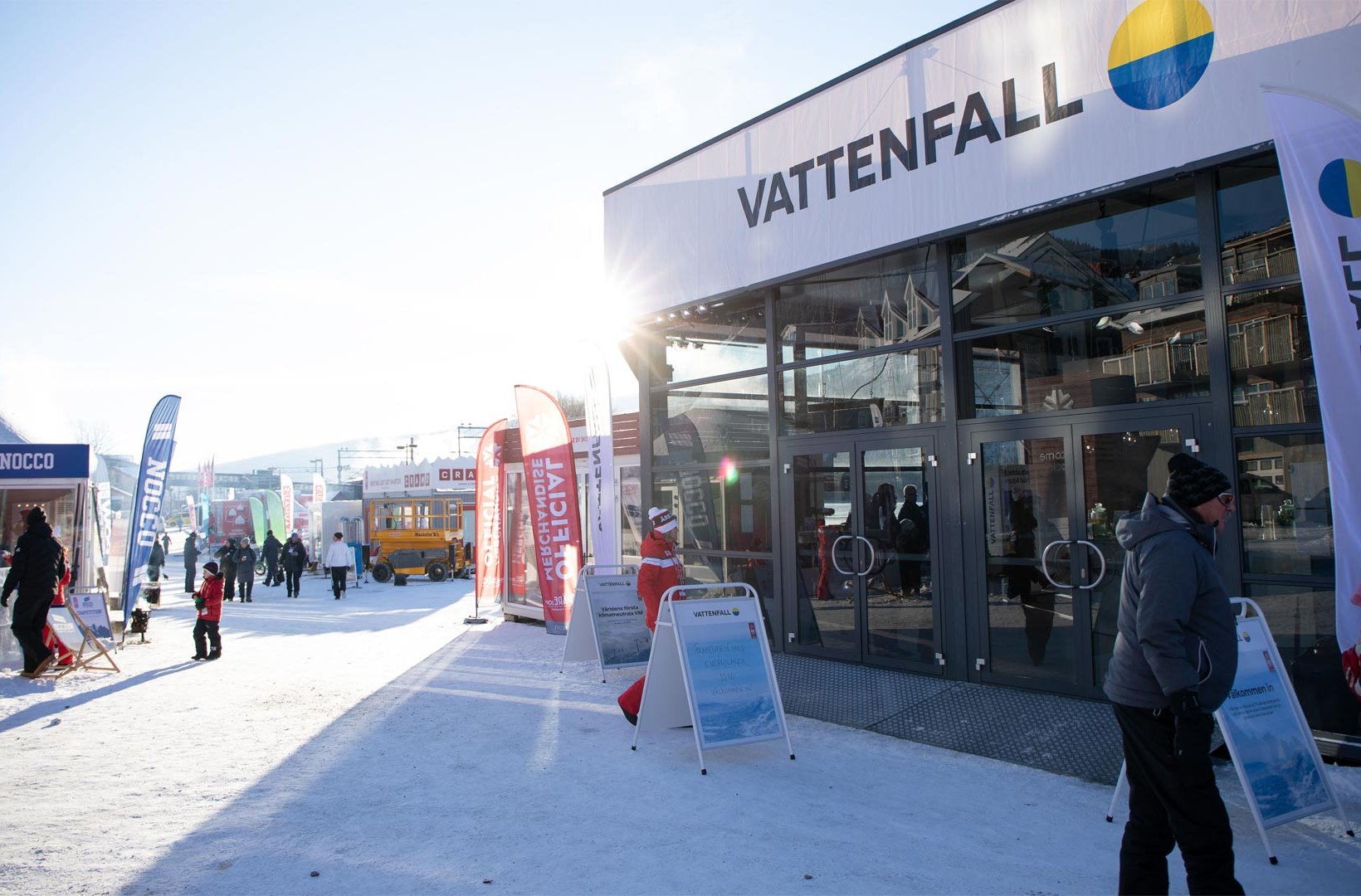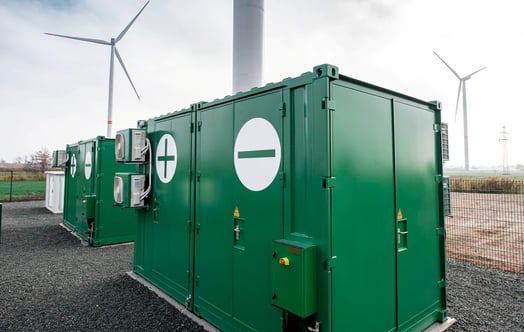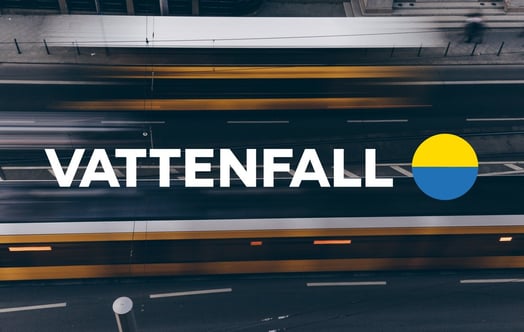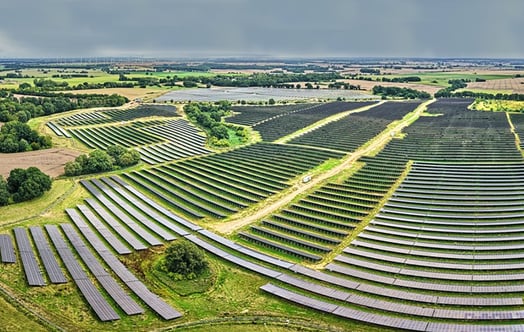
Climate-smart World Ski Championships in Åre now under way
Vattenfall contributes to setting a new standard for climate-smart sports events.
The FIS Alpine World Ski Championships are now under way in Åre and will run for two weeks. Hundreds of ski racers, officials and more than 120 000 spectators are expected to visit the town in Northern Sweden.
Using solar panels, electric vehicles, battery storage facilities and charging infrastructure, Vattenfall is a contributing factor to making this year's competitions the first climate-neutral Alpine World Ski Championships.
Video player requires marketing cookies.
To view this content please click here to allow marketing cookies.
First time
To achieve this, the World Championships organisation is following a meticulously worked out plan to minimise the environmental impact of the event. This means, for instance, that the shuttle services to and from the competitions will be fossil-free.
"We expect that two-thirds of all our energy and fuel use will be fossil-free. In certain cases, we have had to rely on conventional fuel for safety reasons, such as for rescue helicopters. In other cases, where a completely fossil-fuel alternative has not been available for risk management reasons, we have been able to replace fossil fuel with better alternatives, such as Ecopar, which has significantly smaller carbon footprint. This is the first time the Alpine World Ski Championships are organised in this manner so we really are pioneers," says Riikka Rakic, Head of Sustainability for Åre 2019 who are organising the event.
Electric transportation
To reduce dependency on fossil fuels, Vattenfall provides charging stations and a fast charger for some 30 electric Audi e-trons as well as ten electric snow mobiles used to shuttle visitors and officials to and from the competition area.
The Åre 2019 World Championships are ISO 20121 certified, meaning for instance its climate impact is mapped and assessed in a standardised way. Targets and action plans have been drawn up to reduce the climate impact of everything from transportation to general garbage and food waste. These steps are estimated to correspond to a total of 1,000 tonnes of carbon dioxide equivalent.
"Working with Vattenfall, we will compensate for climate emissions that will still occur, for example by purchasing carbon credits from Gold Standard certified renewable energy projects around the world," says Rakic.
Own electricity generation
Vattenfall's climate coach and energy expert Lasse Ejeklint has offered his expertise.
"It feels worthwhile to be involved in making a large sporting event like this less dependent on fossil fuels. The solar panels for instance that we installed on the roof of the finish area building that houses the offices of the Swedish ski association here in Åre will remain and continue to generate electricity for many years to come. This means that the building will be able to meet most of its energy needs on its own in the future. Åre will be a role model for coming national and international events that everybody can learn from" he says.
Visitors to Åre can also pay a visit to Vattenfall's pavilion in the Sponsor Village. Members of the Swedish alpine team for instance will take to the stage to speak on how they work with Vattenfall to reduce their carbon footprint.
Following the opening ceremony on 4 February, the Åre 2019 World Ski Championships start on 5 February with the Ladies’ Super G event and finish on 17 February with the Men's Slalom final.
Vattenfall services in Åre
- Solar panels: 380 sq. m., production: 37,000 kWh of renewable electricity per year
- Battery storage facility: Consists of eight electric car batteries with smart control
- Charging station infrastructure: One fast charger and 20 charging boxes, to charge 33 Audi e-trons during the event
- Electric vehicles: About ten electric snow scooters and other electric work vehicles



